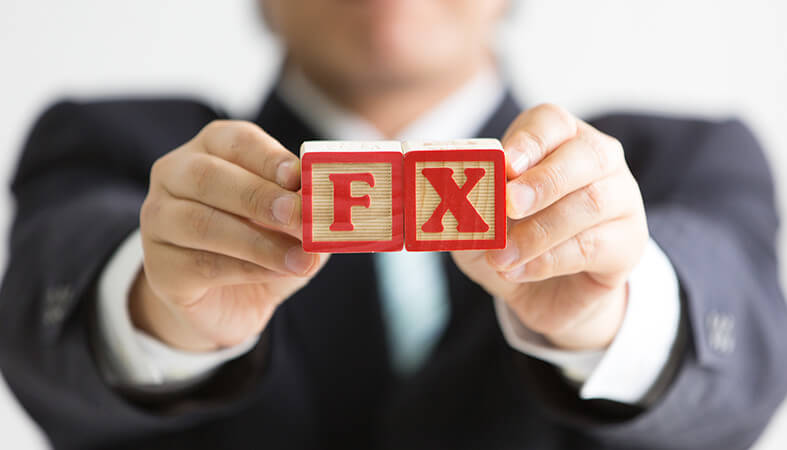Finance executives are thoughtful and responsible stewards of their corporation’s finances. They carefully evaluate service providers for quality, consistency and pricing. This is especially true when dealing with the strategic side of foreign exchange transactions.
Rarely does a company enter into a sophisticated transaction such as a corporate foreign exchange (FX) forward, option or swap without fully understanding the economics of their action. Corporate CFOs and Treasurers often spend quite a bit of time and energy assessing the reporting consequences, relationship implications and pricing before entering into trades. This is important because strategic trades are often on a company’s books for longer periods of time, making them more susceptible to scrutiny.
Ironically, these same executives pay little attention to the tactical side of FX. Many companies treat their FX payments or tactical FX similar to domestic transfers of funds, unaware of potential markups. Generally, they opt for bundled processing and pricing where their FX payments are grouped together and transmitted to a single provider. While this is certainly an easy and efficient solution, it does little to insure the company receives a favorable exchange rate.
A better solution is to treat FX payments with the same degree of thoughtfulness as strategic trades. Whether a company is seeking pricing for a single FX payment or a batch of FX flows, they should understand how they are being priced by their FX provider(s) to insure fair and consistent treatment. Which is exactly what CFOs and Treasurers will find in our globalVCard cross-border payments (FX) offering.
About the Author
CSI globalVCard’s Larry Kirschner has worked for the past 25 years as an international finance specialist. His experience ranges from teaching international finance to managing foreign exchange sales and trading teams. Larry has written numerous articles on risk management and spoken on topics ranging from fixed income to FX.



